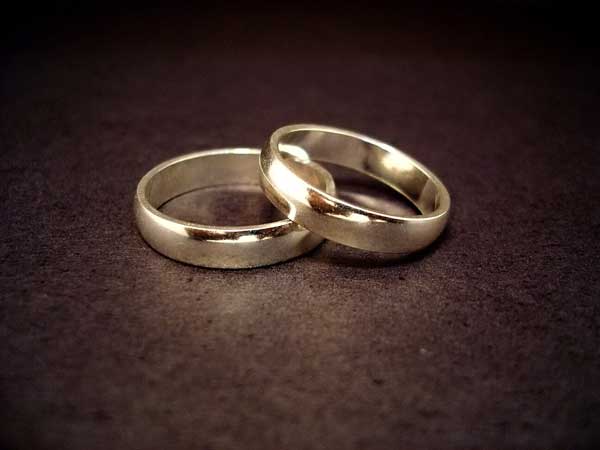
Do I need a marriage license to get married in Texas?
Yes. Individuals who want to enter into a ceremonial (“formal” or “licensed”) marriage must obtain a marriage license from the county clerk of any county in Texas. A ceremonial marriage occurs when the couple obtains a marriage license and is married by (1) a licensed or ordained Christian minister or priest, (2) a Jewish rabbi, (3) a person who is an officer of a religious organization and who is authorized by the organization to conduct a marriage ceremony, or (4) active or retired judges or justices. A person who is at least 18 years old can get a marriage license. A person who is under 18 years old can get a marriage license only by (1) getting parental consent, (2) getting a court order, or (3) proving that an earlier marriage to another person has been dissolved. A marriage license is good for a period of 30 days after the date it was issued. If a marriage ceremony has not been performed before the 31st day after the date the license is issued, the marriage license expires. Once the ceremony occurs, the marriage license must be recorded with the county clerk.
Is there a waiting period after I get the marriage license?
Yes. The couple must wait for 72 hours immediately following the date the marriage license was issued before they can get married. However, the 72-hour waiting period does not apply to an applicant who: (1) is an active duty member of the United States armed forces; (2) is not a member of the U.S. armed forces but performs work for the U.S. Department of Defense as a department employee or under a contract with that department; (3) obtains a written waiver from a judge; or (4) completes a premarital education course and who provides to the county clerk a premarital education course completion certificate not more than one year before the date the marriage license application is filed with the clerk.
What is a common law marriage?
A common law marriage can be proved by the couple signing a declaration of marriage on a form provided by the county clerk and recording that declaration with the county clerk. An informal marriage may also be proved by evidence that (1) the individuals agreed to be married and (2) after the agreement they lived together in Texas as husband and wife and (3) in Texas represented to others that they were married. All three elements must exist at the same time. Whether or not a “common law” marriage exists depends on the facts of each case. If the common law spouses separate and cease to live together, it is rebuttably presumed that the parties did not enter into an agreement to be married if a lawsuit to prove the marriage is not filed within two years after the date they separated and ceased to live together. A person may not be a party to an informal marriage if the person is presently married to another person.
Does Texas recognize same-sex marriage?
Yes. Although the Texas Family Code currently states that a license may not be issued for the marriage of persons of the same sex, as a result of the 2015 landmark United States Supreme Court case of Obergefell v. Hodges, the Court held in a 5–4 decision that same sex couples have a fundamental right to marry and that all states are required to issue marriage licenses to same-sex couples and to recognize same-sex marriages validly performed in other states.
